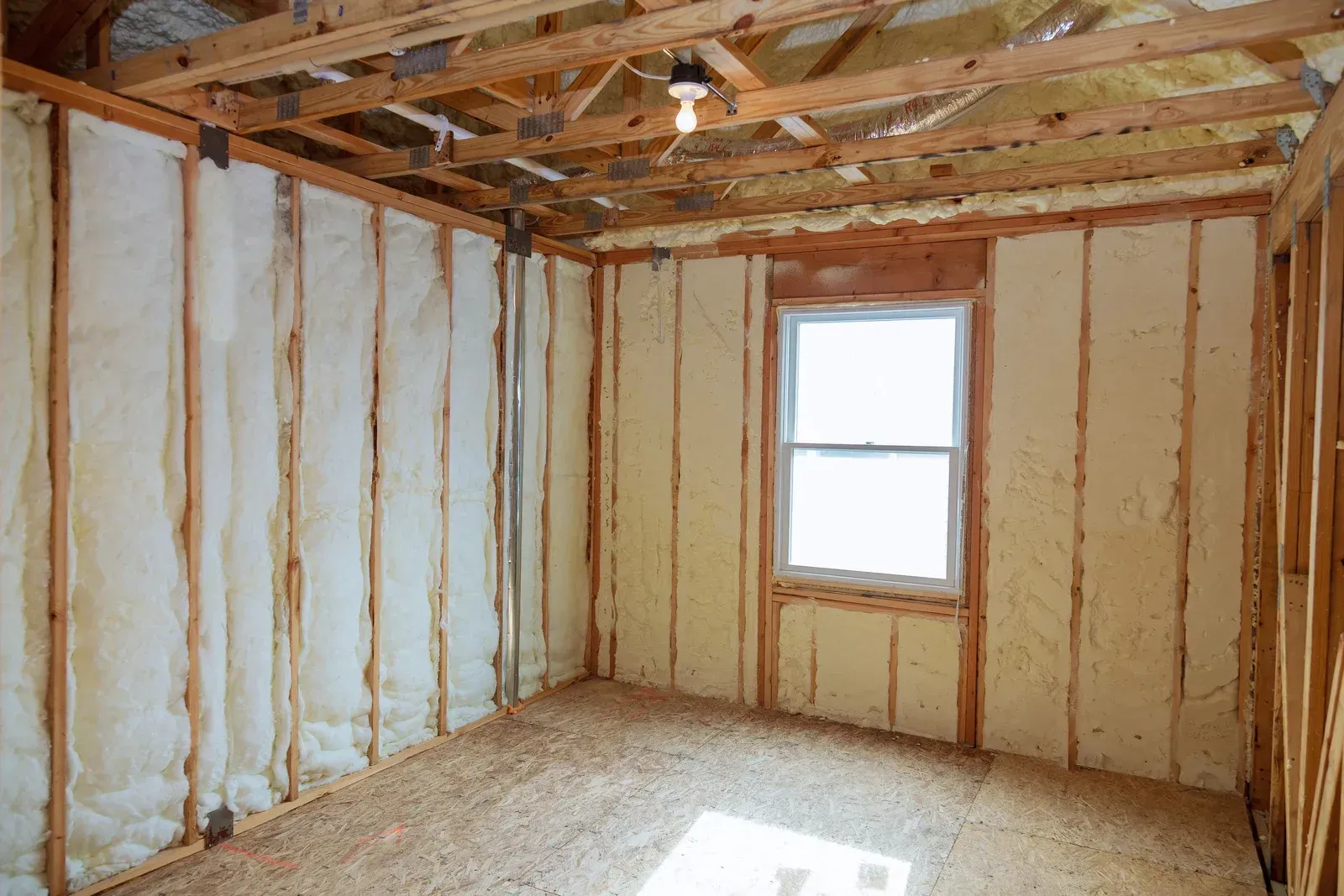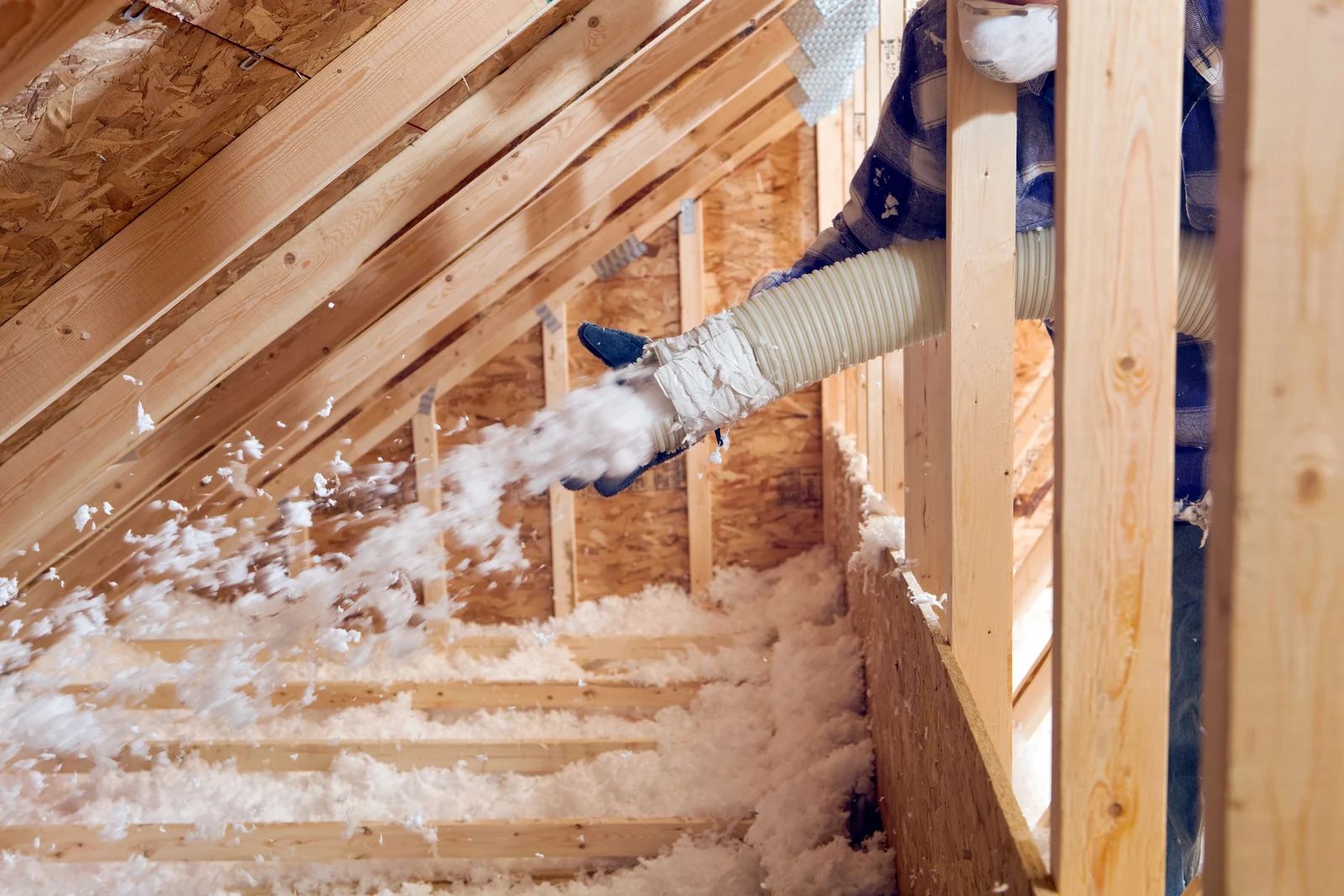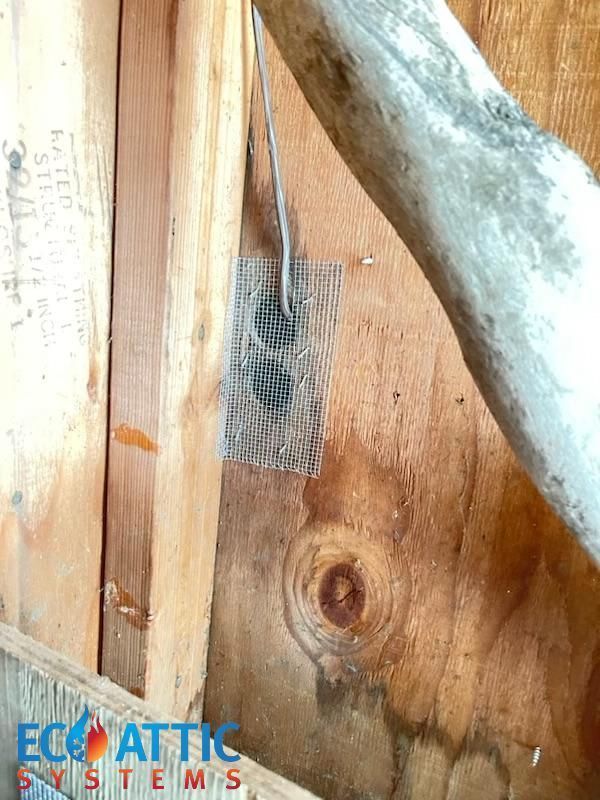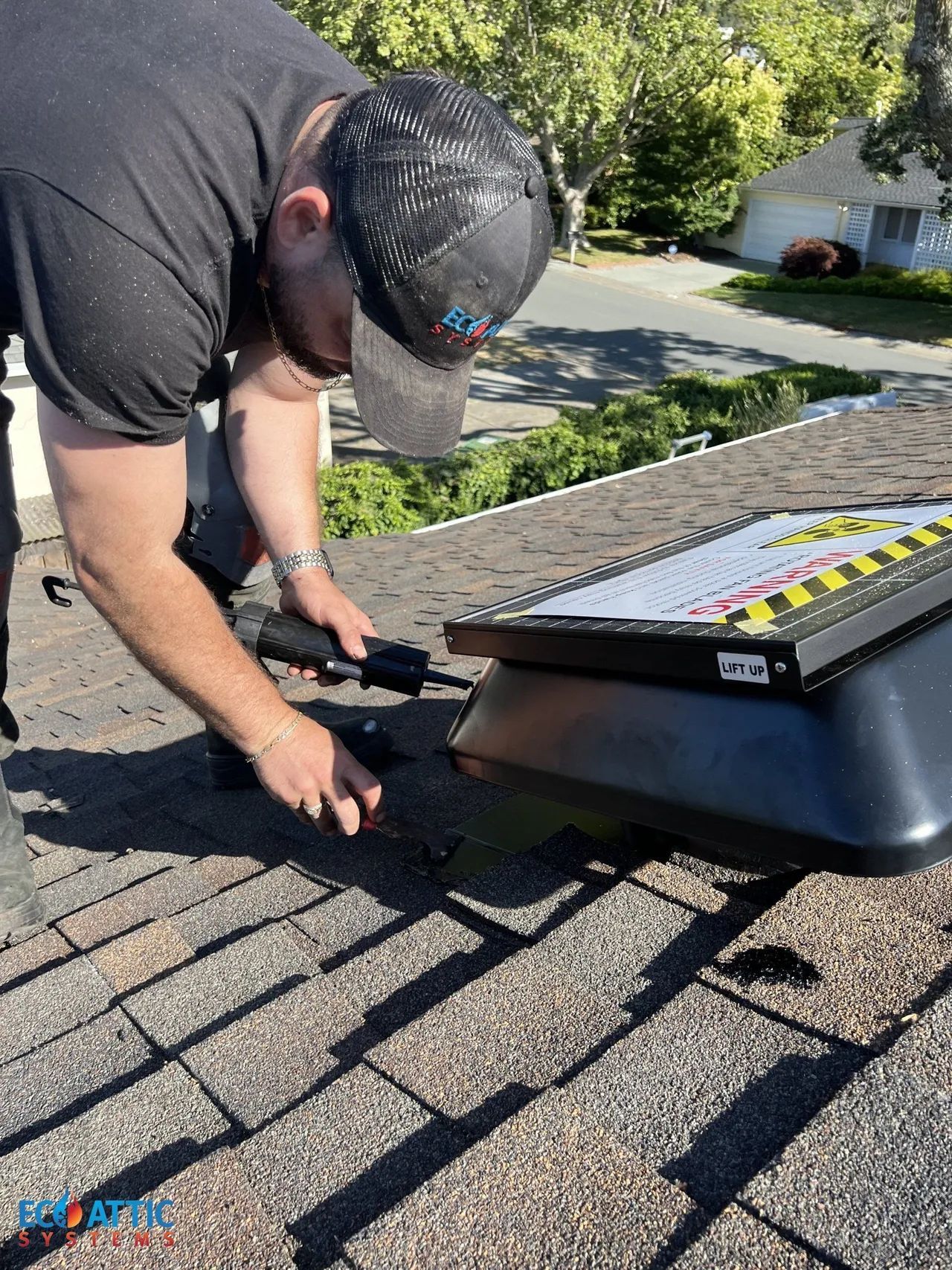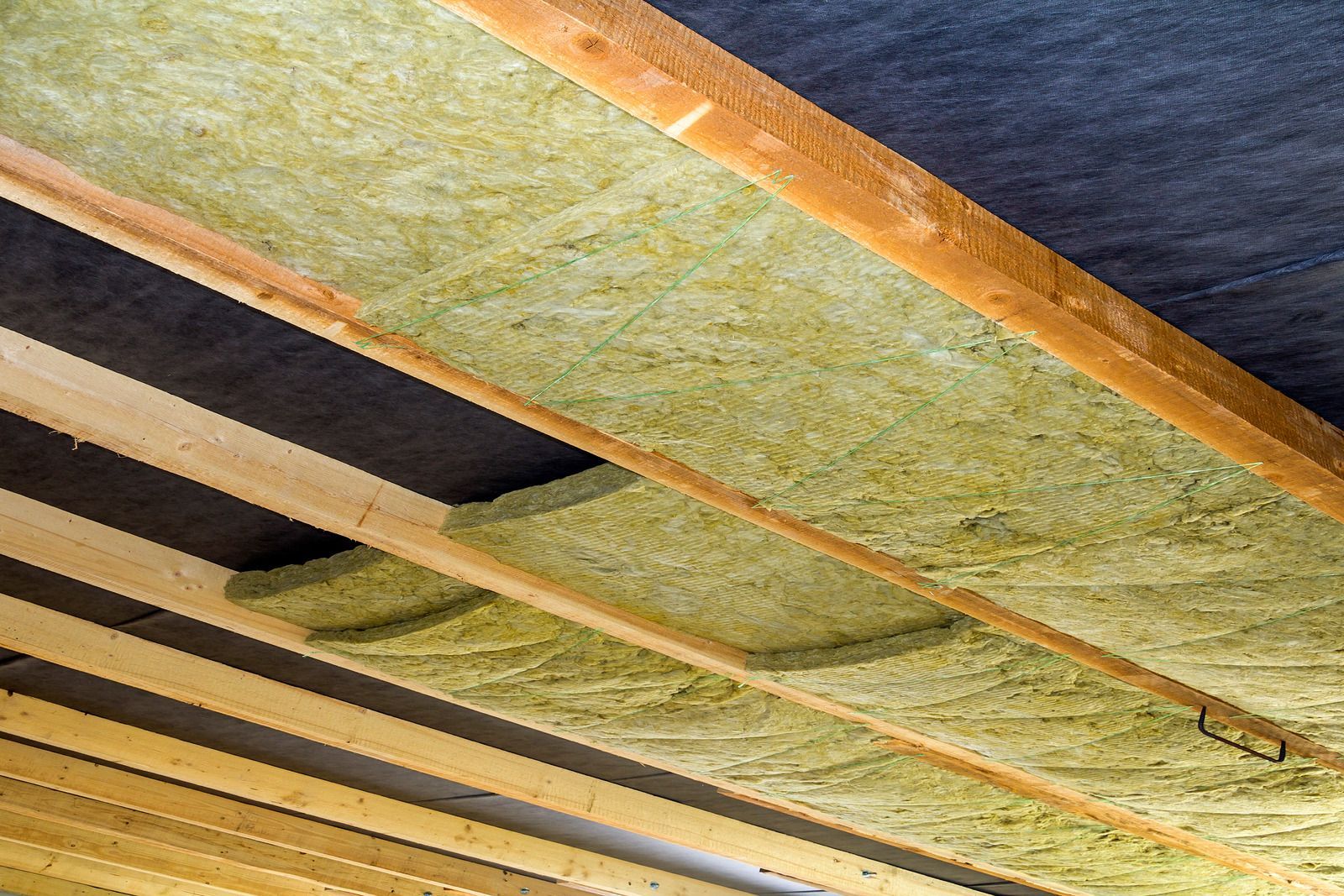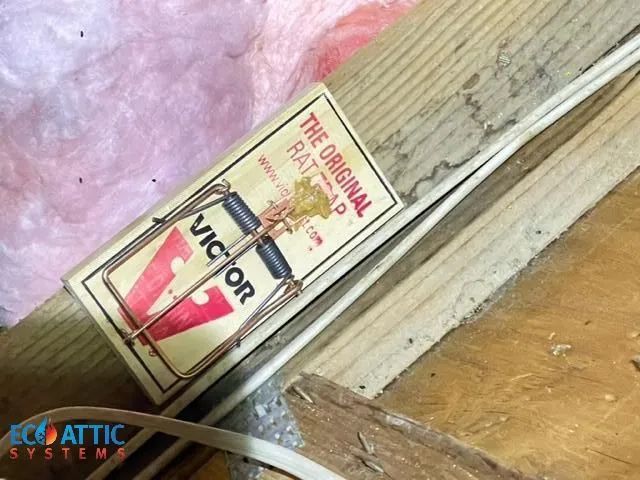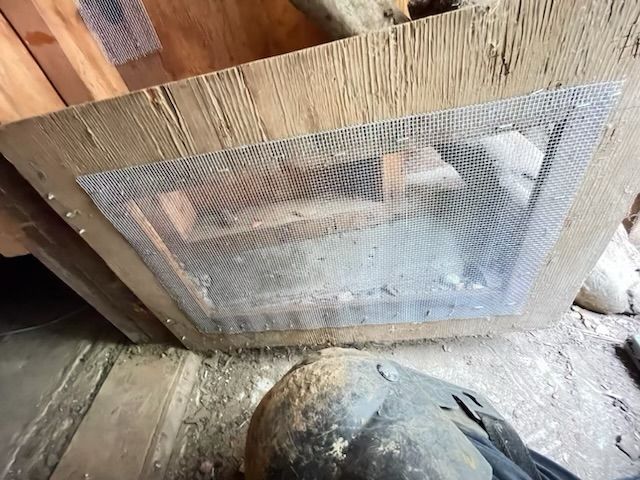Rockwool vs. Others: Top Insulation Choices for Remarkable Home Performance
When you think of the comfort within the confines of your home, don’t forget about the insulation which has a major role in keeping you comfortable and saving your money. The blanket of insulation can be unseen but it acts like a cover to keep heat out of home during summers and trapping heat in the winters. The question is how you would know which insulation option to consider when you are wanting to get one for your home. In this article we will consider two popular choices: rockwool and its competitors, to help you make an informed decision for your home.
Rockwool's Strengths Compared To Other Materials
Superior Thermal Performance
Rockwool has a higher R-value per inch compared to traditional
fiberglass insulation. When we explain this in layman terms it means that even a thin layer can provide a lot of insulation. So you can save a lot of space in your wall or attic.
Fire Resistant
It is good to have insulation which is resistant to fire. Rockwool is naturally fire-resistant, so you can consider it a safe choice for your residence. It can slow the spread of flames and buy valuable time in case of a fire.
Sound Dampening
The dense fibers of rockwool effectively absorb sound, making it a great option for soundproofing walls and ceilings between noisy rooms.
Moisture Resistant
Rockwool cannot gel with moisture, and so mold and mildew growth can be prevented. You will not find any unwanted growth within the insulation and can be assured of healthy indoor air quality.
Sustainability
Many rockwool products contain recycled materials, making them an eco-friendly choice.
Rockwool's Weaknesses Compared To Others
From the price point of view, rockwool might not be suitable. It costs more than say fiberglass. Rockwool can be itchy and irritating to the skin during installation, requiring proper safety gear. Rockwool is denser than fiberglass, so it may require additional support in some applications.
The Competition: Popular Insulation Options
Fiberglass Insulation
It offers good thermal performance but is less effective than rockwool in terms of R-value per inch and soundproofing. Fiberglass can also be irritating to the skin during installation.
Cellulose Insulation
It is made of recycled paper and is friendly to the environment. It has good thermal and sound insulation properties. Cellulose can absorb moisture and lose its effectiveness if not properly installed in a protected environment.
Spray Foam Insulation
This closed-cell foam insulation creates a tight seal and offers excellent thermal and sound insulation. Spray foam is typically the most expensive option and requires professional installation.
Rigid Board Insulation
Rigid boards are often used in specific applications like basements or crawl spaces. They offer good thermal performance but may not be as effective at soundproofing as other options.
Consulting a Professional To Make The Insulation Choice
No one can guide you better than a
qualified insulation contractor when it comes to choosing the right insulation for your home. If you tell them what you need and why you want an insulation option, they will guide you. Understanding the different types of insulation and consulting a professional, you can make an informed decision and ensure your home is comfortable, energy-efficient, and protected.
